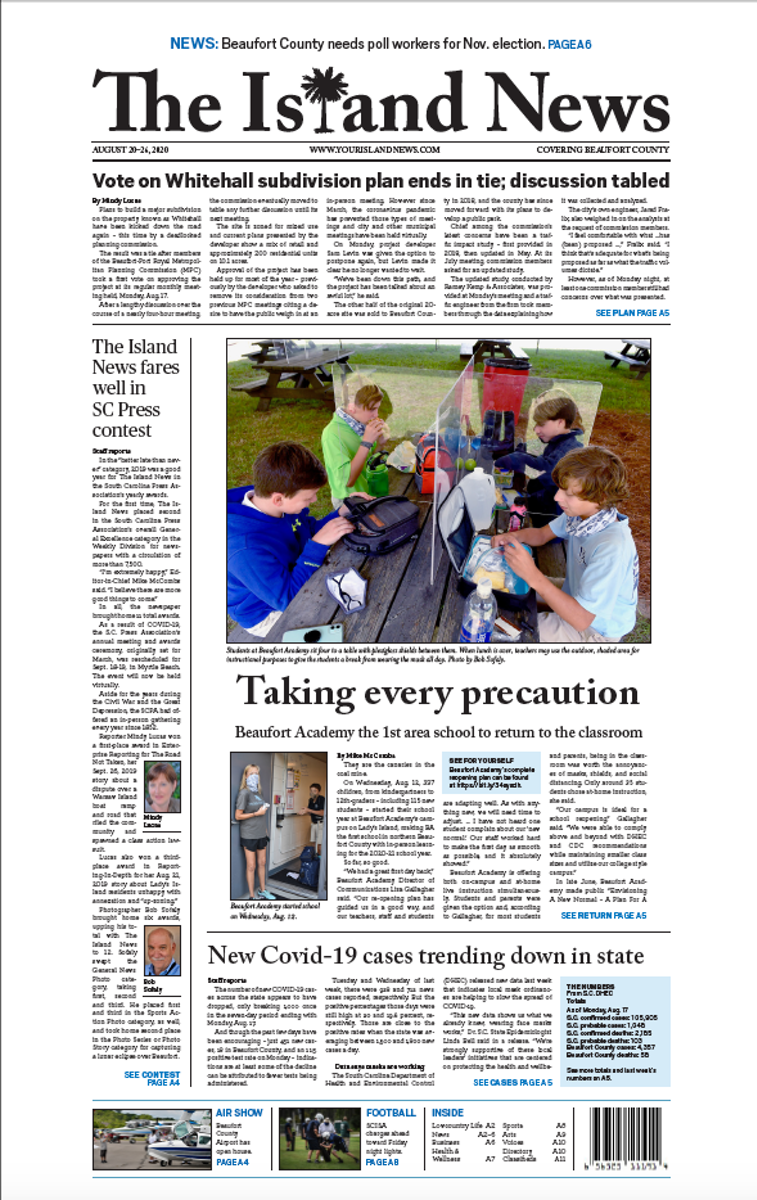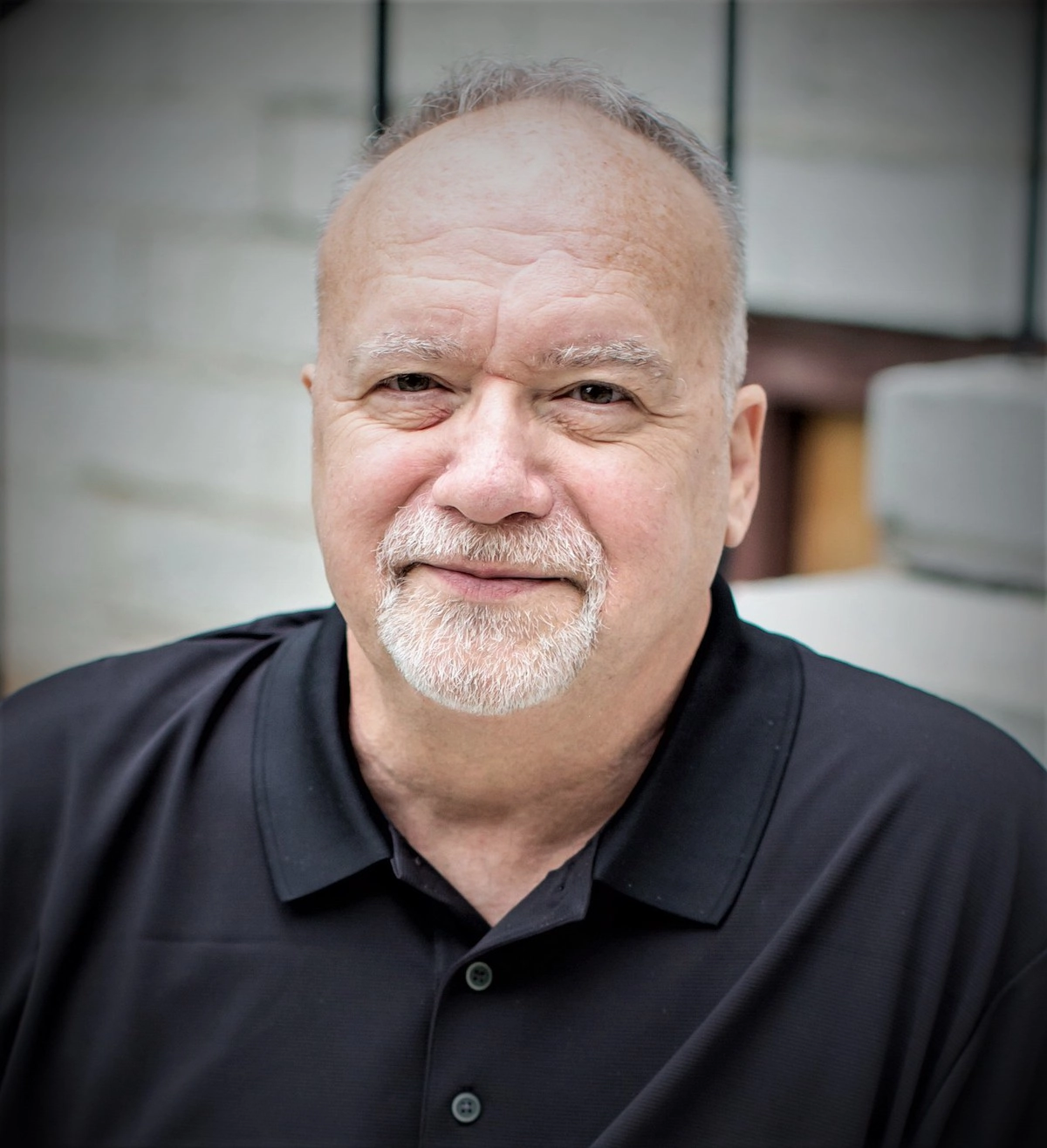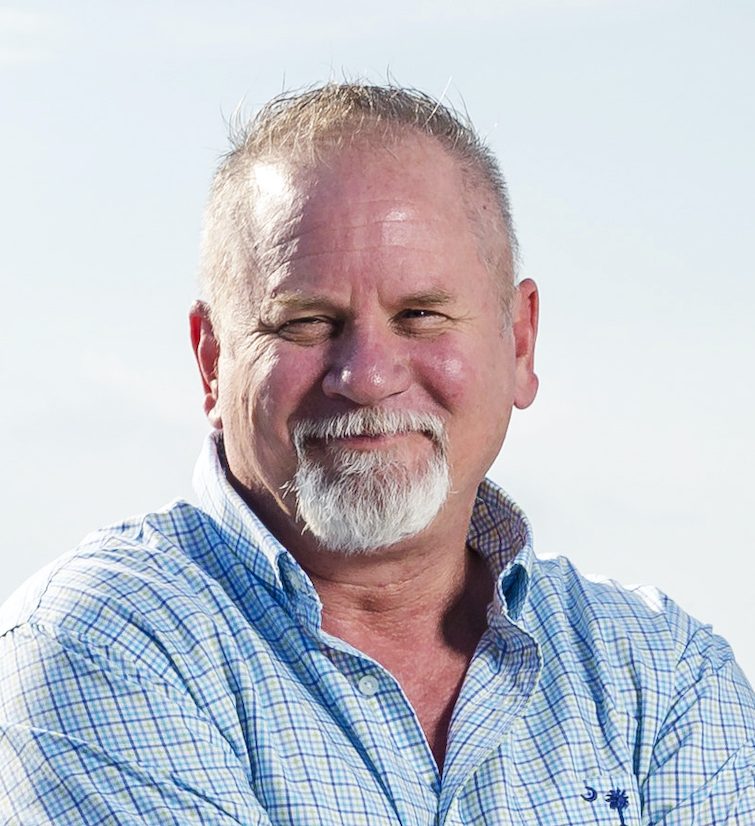By SCOTT GRABER
It is Tuesday, Aug. 6, and I’m in Port Royal.
This morning it’s warm; there is the prospect of another blistering day, but I’ve got my coffee and a view of the river. I’ve also got my newspaper.
Today’s Wall Street Journal gives us an explosion in Lebanon, an update on our virus and an array of business news that is of little interest. (I know I should be interested in mortgages and IPOs, but these days I find myself moving past unemployment, bankruptcy and stocks.)
Yes, I know that most of my contemporaries get their news on a “digital platform” — but I prefer my news to be printed in ink, presented with detachment, and taken with strong coffee.
And, yes, I know that there is little detachment when it comes to the editorial pages. But at 75, I can make the distinction between “reportage” and opinion.
This morning my sleep-filled eyes are drawn to a review of “Countdown 1945” — new nonfiction book about the end of war in the Pacific. My unfocused eyes are drawn to this piece because I was born in 1945; and our family spent several years in occupied, post-war Japan.
“On the Pacific Island of Tinian, near Guam, as Tibbets and his crew prepared to take flight on August 6, 1945, the day began with a prayer. The Lutheran chaplain attached to Tibbets’s group intoned, ‘Almighty Father, Who wilt hear the prayer of them that love Thee, we pray Thee to be with those who brave the heights of Thy heaven and carry the battle to our enemies.’
Those enemies, Truman finally judged, were “savages, ruthless, merciless, and fanatic.” Without the atomic bombs, the Pacific war almost certainly would not have ended in 1945. Truman’s fateful decision saved lives on all sides by compelling a war-mad Japanese leadership, at last, to reckon with reality.”
When the Lutheran chaplain was blessing Col. Paul Tibbets and his B-29, I was two-days old. According to my mother, she had just endured a long, difficult labor that ended with a forceps assisted delivery.
While I slept in the McLeod Infirmary in Florence, 92,000 Japanese were vaporized in Hiroshima, and
several days later, another 40,000 people in Nagasaki were instantly removed from the face of the earth. I can say, reliably and without exaggeration, that my life began with two horrific explosions.
In the aftermath of World War II there wasn’t much regret about Hiroshima and Nagasaki. By the time I was 6 — and living in Japan, tended-to by our house servant, Yoshiko — the Russians had developed their own bomb.
There was little, if any, criticism of Truman and his decision in 1945; and we were happy to have our own, always-aloft B-52s and their always-primed hydrogen bombs. And so it went for another 20 years while the world danced on the edge of destruction.
But with the arrival of the Beatles in the 60s, we seemed to change. Now there was debate about nuclear weapons and whether or not we should be fighting a war in Southeast Asia. Twenty-five years had passed since Hiroshima, and America’s youth, my generation, was ready to question nuclear weapons in general and the Vietnam war in particular.
This re-evaluation did not end with weapons and warfare. We began to question our concept of governance, the men who composed our constitution, our fundamental morality. We became increasingly introspective, critical of our leaders, more inclined to hold people accountable than to celebrate achievement.
Years ago, I was passing through customs in Bangui (Central African Republic) with my Lebanese companion. He was stopped and questioned while I was waved-through the gate with only a glance at my passport.
“What was that about?” I asked when he eventually got on the plane.
“You’re an American,” he growled as he settled into his seat.
“What difference does that make?”
“You really won’t understand.”
“Try me.”
“The customs people know that if they stop you — if they detain you,” he replied.“Your government will send the Marines after you. There are ships off the coast.”
“Really?”
“Your government actually cares about its people,” he said as he tried to regain his composure.
As I sit and ponder Nael El-Assad’s long-ago words, I’m not sure how much we care about each other these days.
Maybe it’s the virus, but I wonder when self-examination became self-loathing; and when shame replaced our collective pride, and what those customs people think about Americans today.
Scott Graber is a lawyer, novelist, veteran columnist and longtime resident of Port Royal. He can be reached at cscottgraber@gmail.com.







